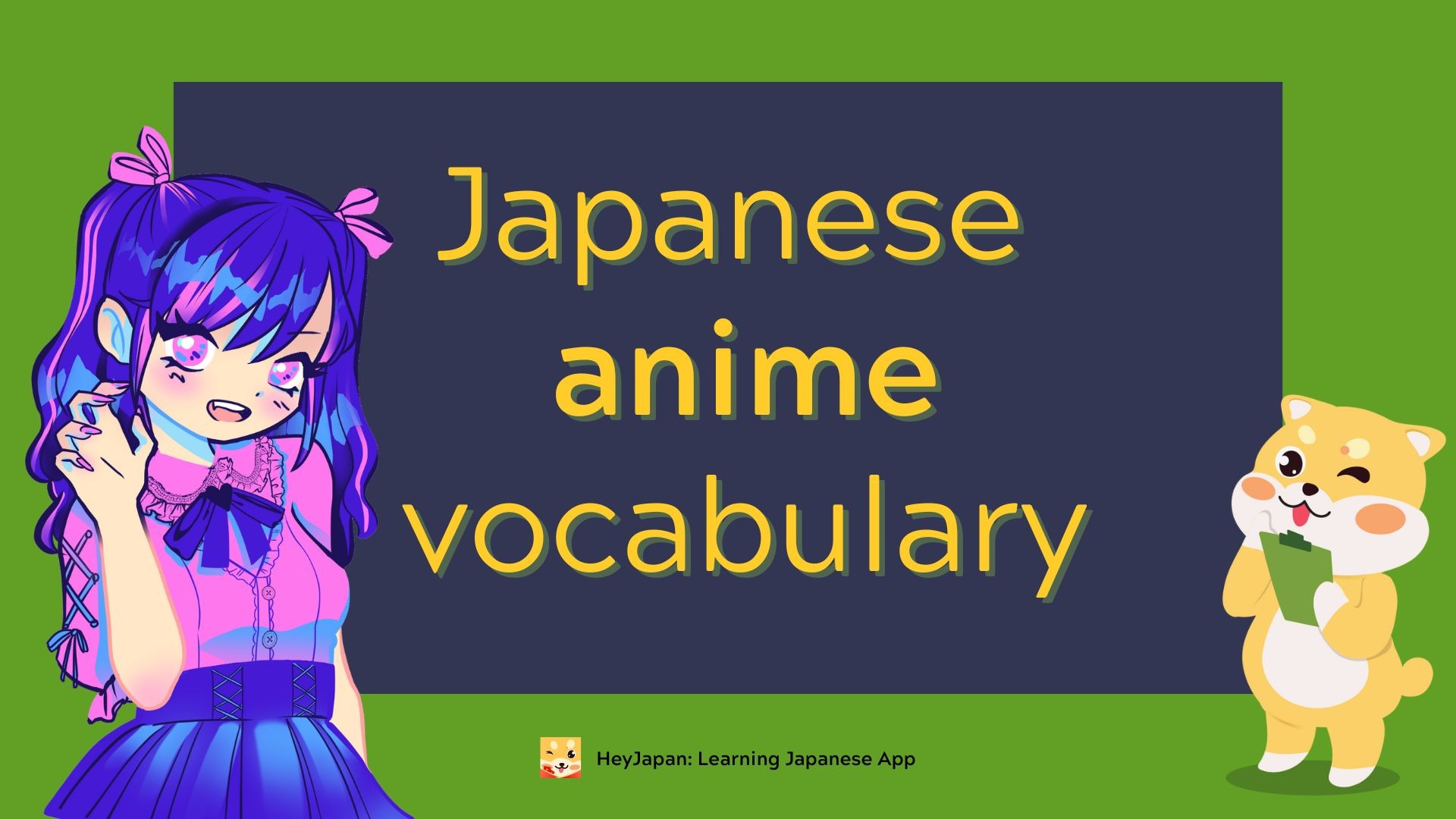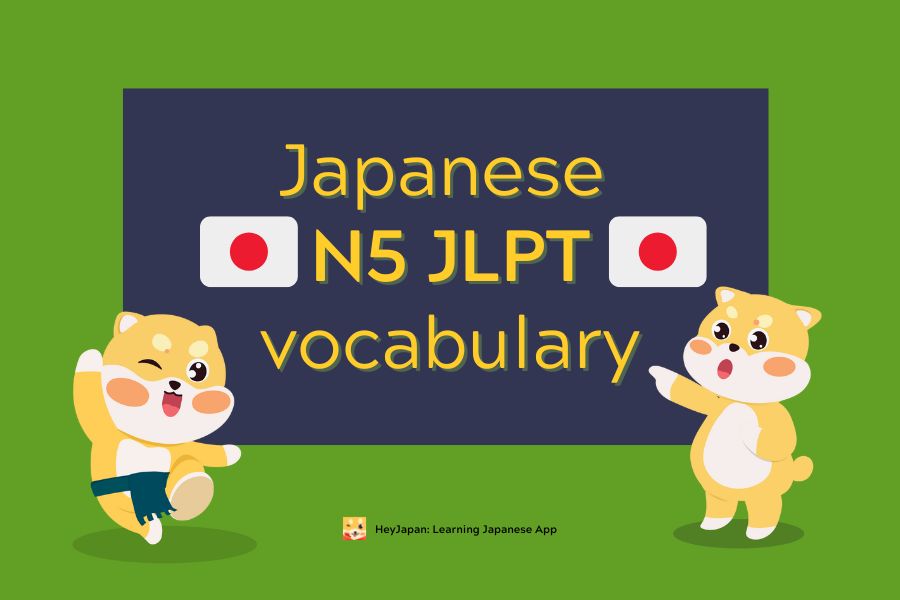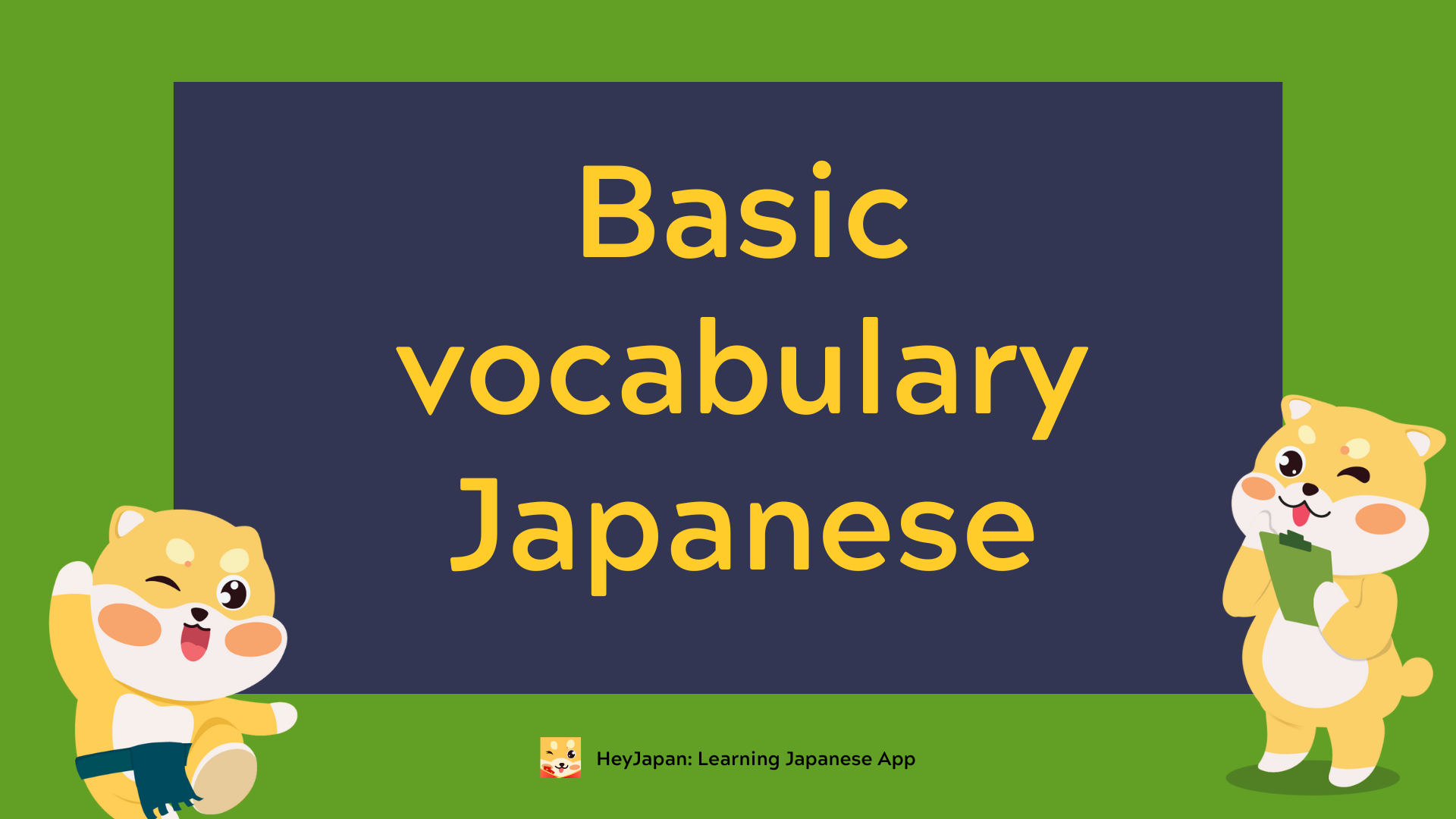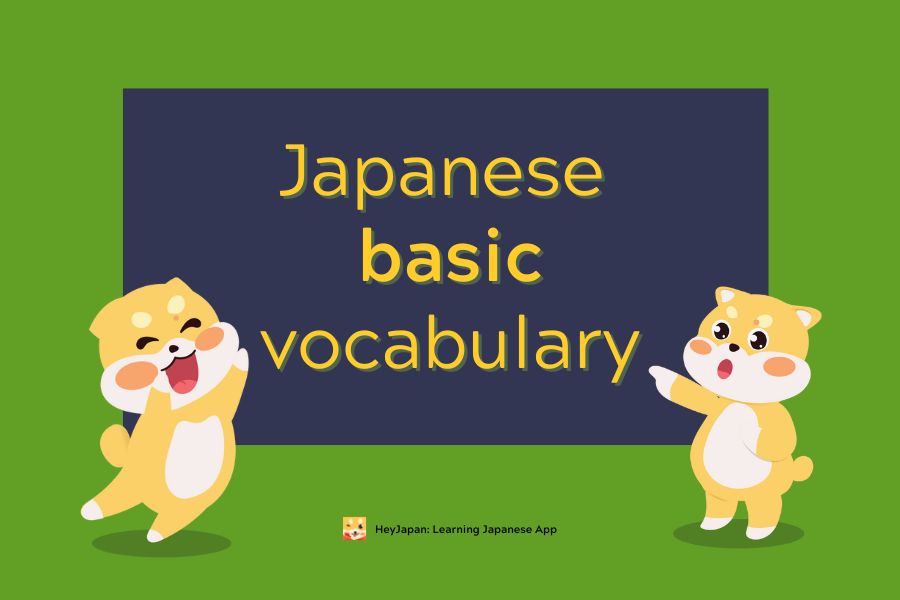- Why Learn Japanese Anime Vocabulary?
- 1. Core Anime Vocabulary
- 2. Anime Genres and Vocabulary
- 3. Anime Character Types
- 4. Action and Movement Vocabulary
- 5. Emotions and Feelings
- 6. Common Anime Phrases
- 7. Anime Production Terms
- 8. Tips for Learning Japanese Through Anime
- FAQ: Japanese Anime Vocabulary
Learn Japanese anime vocabulary to improve your language skills and dive into anime culture! This guide covers 50 essential anime terms, genres, character types, phrases, and tips for learning Japanese through anime.
Why Learn Japanese Anime Vocabulary?
Anime is a fun way to learn Japanese, offering exposure to natural dialogue, cultural nuances, and vocabulary. By studying anime vocabulary, you can:
- Understand anime without subtitles.
- Boost listening and speaking skills.
- Explore Japanese culture through popular series.
1. Core Anime Vocabulary
Master essential Japanese anime vocabulary with this table:
|
Kana |
Romaji |
Meaning |
Note |
|
アニメ |
Anime |
Japanese animation |
Naruto, One Piece |
|
キャラクター |
Kyarakutaa |
Character |
Main or side character |
|
ストーリー |
Sutoorii |
Story |
Plot of the anime |
|
エピソード |
Episoodo |
Episode |
Single episode |
|
声優 |
Seiyuu |
Voice actor/actress |
Voices characters |
|
シーズン |
Shiizun |
Season |
Set of episodes |
|
オープニング |
Oopuningu |
Opening theme |
Intro song |
|
エンディング |
Endingu |
Ending theme |
Outro song |
|
ファン |
Fan |
Fan |
Devoted follower |
|
スピンオフ |
Supinofu |
Spin-off |
Derivative series |
|
シーン |
Shiin |
Scene |
Specific moment |
2. Anime Genres and Vocabulary
Understanding anime genres helps you choose series that match your interests and expand your vocabulary. Here are the top genres with examples:
- Shounen (少年, shounen): Action-packed stories for young boys. Examples: Naruto, One Piece, Dragon Ball Z.
- Shoujo (少女, shoujo): Romantic and emotional tales for young girls. Examples: Sailor Moon, Fruits Basket.
- Isekai (異世界, isekai): Characters transported to fantasy worlds. Examples: Sword Art Online, Re:Zero.
- Mecha (メカ, meka): Giant robot battles. Examples: Mobile Suit Gundam, Neon Genesis Evangelion.
- Horror (ホラー, horaa): Scary and suspenseful stories. Examples: Tokyo Ghoul, Another.
- Slice of Life (スライス・オブ・ライフ, suraisu obu raifu): Everyday life stories. Examples: Clannad, Barakamon.
- Sports (スポーツ, supootsu): Athletic competitions. Examples: Haikyuu!!, Yuri on Ice.
- Fantasy (ファンタジー, fantajii): Magical adventures. Examples: Fullmetal Alchemist, Fairy Tail.
- Mystery (ミステリー, misuterii): Crime-solving and puzzles. Examples: Death Note, Detective Conan.
- Historical (歴史, rekishi): Stories inspired by history. Examples: Rurouni Kenshin, Kingdom.
3. Anime Character Types
Learn common Japanese anime vocabulary for character archetypes:
|
Kana |
Romaji |
Meaning |
Note |
|---|---|---|---|
|
主人公 |
Shujinkou |
Protagonist |
Main character |
|
ヒーロー |
Hiiroo |
Hero |
Courageous lead |
|
ヴィラン |
Biran |
Villain |
Antagonist |
|
ライバル |
Raibaru |
Rival |
|
|
仲間 |
Nakama |
Companion |
Loyal friend |
|
姫 |
Hime |
Princess |
Royal female |
|
王子 |
Ouji |
Prince |
Royal male |
|
アイドル |
Aidoru |
Idol |
Pop star character |
|
敵 |
Teki |
Enemy |
Opponent |
4. Action and Movement Vocabulary
Dynamic Japanese anime vocabulary for action scenes:
|
Kana |
Romaji |
Meaning |
Note |
|---|---|---|---|
|
戦う |
Tatakau |
To fight |
Engage in combat |
|
戦士 |
Senshi |
Warrior |
Fighter or soldier |
|
攻撃 |
Kougeki |
Attack |
Offensive move |
|
守る |
Mamoru |
To protect |
Defend someone |
|
変身 |
Henshin |
Transformation |
Change in form |
|
必殺技 |
Hissatsu waza |
Special technique |
Unique move |
|
回避 |
Kaihi |
Dodge |
Avoid attack |
|
逃げる |
Nigeru |
To escape |
Flee from danger |
5. Emotions and Feelings
Express emotions with this Japanese anime vocabulary table:
|
Kana |
Romaji |
Meaning |
Note |
|---|---|---|---|
|
怒る |
Okoru |
To be angry |
Feel rage |
|
泣く |
Naku |
To cry |
Shed tears |
|
幸せ |
Shiawase |
Happiness |
Joyful state |
|
愛 |
Ai |
Love |
Deep affection |
|
友情 |
Yuujou |
Friendship |
Bond between friends |
|
驚く |
Odoku |
To be surprised |
Feel shocked |
|
嬉しい |
Ureshii |
Happy |
Joyful feeling |
6. Common Anime Phrases
Memorize iconic Japanese anime vocabulary phrases:
|
Kana |
Romaji |
Meaning |
Note |
|---|---|---|---|
|
ありがとう |
Arigatou |
Thank you |
Express gratitude |
|
すみません |
Sumimasen |
Excuse me |
Apologize or get attention |
|
がんばって |
Ganbatte |
Do your best |
Encouragement |
|
大丈夫 |
Daijoubu |
It’s okay |
Reassurance |
|
バカ |
Baka |
Fool |
Playful insult |
|
何 |
Nani |
What |
Express surprise |
|
待って |
Matte |
Wait |
Ask to pause |
7. Anime Production Terms
Explore Japanese anime vocabulary related to production:
|
Kana |
Romaji |
Meaning |
Note |
|---|---|---|---|
|
監督 |
Kantoku |
Director |
Oversees production |
|
脚本 |
Kyakuhon |
Script |
Written dialogue |
|
アニメーション |
Animeeshon |
Animation |
Art of moving images |
|
背景 |
Haikei |
Background |
Scenery in scenes |
|
音楽 |
Ongaku |
Music |
Soundtrack |
|
編集 |
Henshuu |
Editing |
Post-production |
|
スタジオ |
Sutajio |
Studio |
Production company |
|
プロデューサー |
Purodyuusaa |
Producer |
Manages project |
8. Tips for Learning Japanese Through Anime
To effectively learn Japanese anime vocabulary:
-
Watch with subtitles: Start with English subtitles, then switch to Japanese subtitles.
-
Note new words: Write down unfamiliar terms and practice them.
-
Repeat phrases: Mimic character dialogue to improve pronunciation.
-
Choose beginner-friendly anime: Try My Neighbor Totoro, Sazae-san, or Shirokuma Cafe for simple language.
-
Join anime communities: Discuss series on forums to practice vocabulary.
FAQ: Japanese Anime Vocabulary
Q1: How can I learn Japanese through anime?
Watch anime with subtitles, note new words, and practice them in context. Beginner-friendly anime like My Neighbor Totoro are ideal.
Q2: What are the best anime for learning Japanese?
My Neighbor Totoro, Sazae-san, and Shirokuma Cafe use simple vocabulary and clear pronunciation.
Q3: What are common anime phrases?
Phrases like “Baka!” (fool), “Kawaii!” (cute), and “Arigatou!” (thank you) are frequently used.
Q4: What is the most famous anime word?
“Baka!” (fool) is iconic and widely recognized in anime.
Mastering Japanese anime vocabulary opens the door to enjoying anime while learning Japanese. Start with these 50 terms, watch beginner-friendly series, and practice daily. Ready to dive in? Explore our related guides on Japanese culture or anime recommendations!









